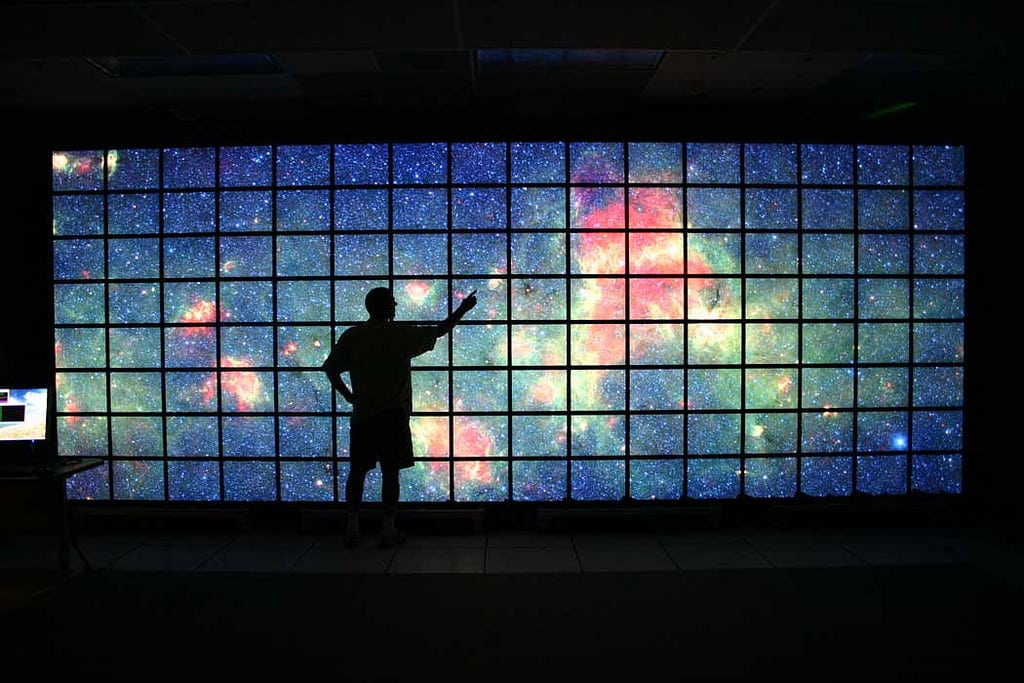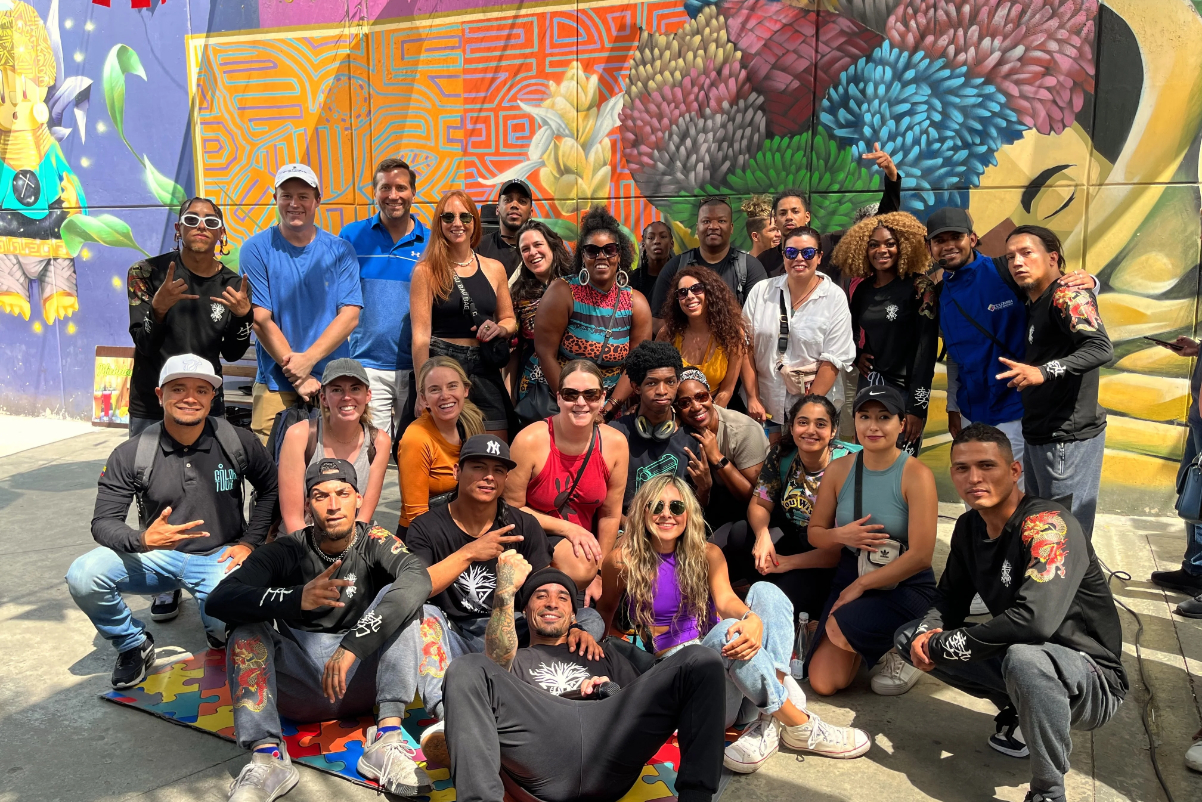How Machine Learning is Making Hoteliers Smarter

Skift Take
This sponsored content was created in collaboration with a Skift partner.
Over the last two decades, hotel owners have seen the power of their brands’ promise move away from their marketing teams into the hands of the consumer.
Aided by the rise of online review platforms like TripAdvisor, hotel prices can easily be compared with other properties in the market. Not to mention, page one of Google search results is dominated by online travel agents, which makes it easier for consumers to compare independent hotels with one another, as well as offer alternative accommodation categories like villas or apartments to the same pool of potential customers.
The sharing economy has not only affected many taxi car hire businesses, but has also increasingly begun shifting demand away from hotels in both leisure and business segments. The apartments available for share tend to increase even more during peak travel times.
The alternate accommodation category has undergone a 180° change, with websites like Airbnb becoming the point of conversation amongst prominent hospitality industry leaders, as demonstrated by the recent news of a leading European hotel operator acquiring an international vacation rental company. Parallel to these changes in market dynamics, Google is simultaneously working on creating self-driving cars and robots are being touted as a potential service delivery resource for hotels of the future.
In order to keep up amongst emerging hospitality business models, hotels’ service delivery and value propositions must be reinforced every day for every guest during every stay; making it necessary for all hoteliers to increase accountability in this area.
Meanwhile, hotels’ sales, marketing and revenue management teams are faced with navigating a vast amount of complicated systems and increasing demands from consumers, while needing to adapt to the rapidly changing technological landscape. For example, hotel websites are expected to run effectively on mobile devices with the ability to book in multiple languages and on as many online channels, which is a never-ending task. Monitoring competitor prices, vacation rental demand, local events and overall market demand requires an endless amount of time, data and resources.
The hotel business of the future may or may not have robots in every lobby, but machine learning offers huge potential benefits for those hotels drowning in data and for hotels that are currently unable to see the entire market demand across multiple touch points.
Machine learning means hotel revenue managers can focus on strategic initiatives for the long-term or move tactically on short-term opportunities based on rapidly fluctuating signals detected from market demand. Those signals may originate from a changing set of data sources, but systems designed to ingest and interpret those signals will provide hoteliers with the recommended decisions to optimize their business in real-time.
In the post-machine learning world of the future, hotels will hit their stride with expedited levels of efficiency; business intelligence, pricing and demand forecasting will run in the background, automatically sending alerts for exceptional conditions that require immediate attention. Revenue teams will be unshackled from their spreadsheets and given the time they need to focus on things that matter, like delivering the Art of Hospitality – at the right price, based on the right data intelligence.
This content was created by our partner LodgIQ.




